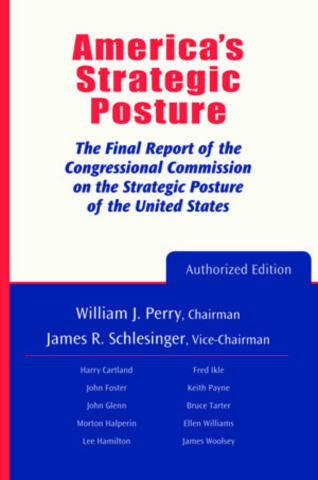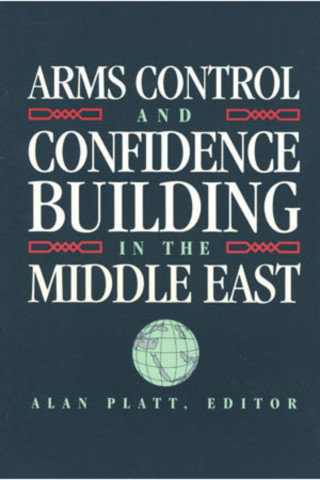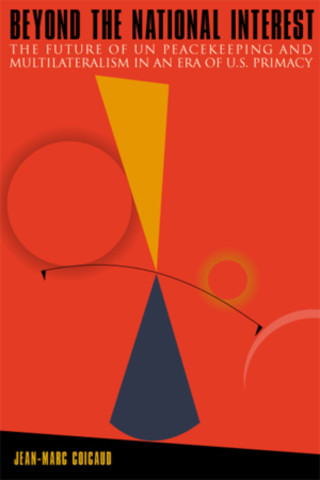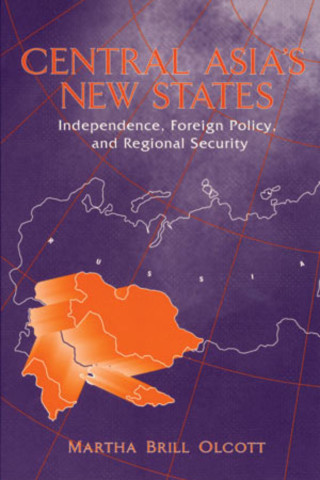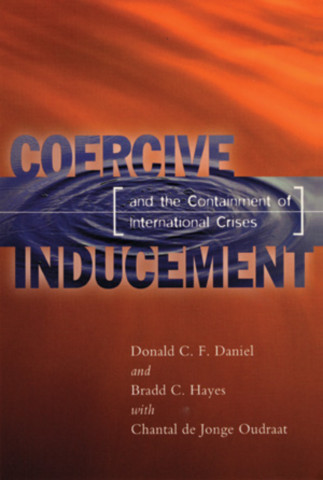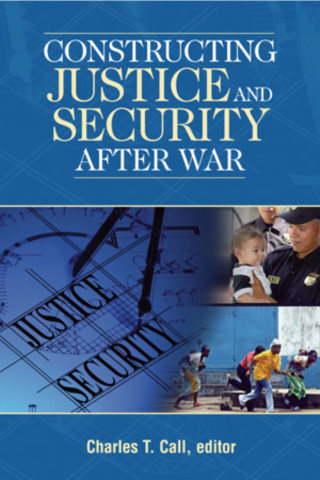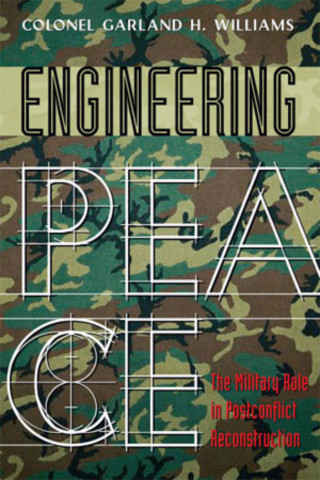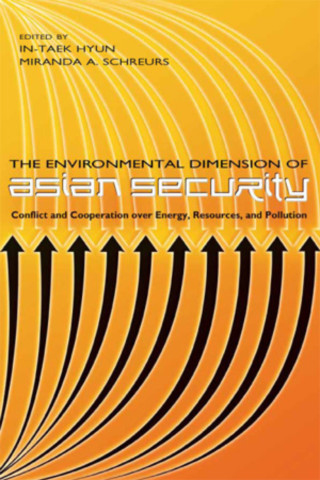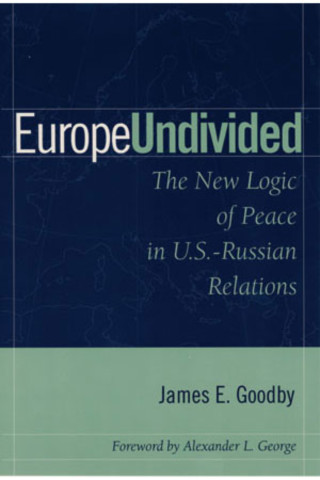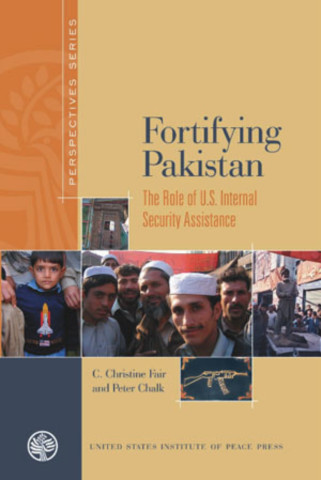Catalog
- Sort by
For more than eleven months this bipartisan commission of leading experts on national security, arms control, and nuclear technology met with Congressional leaders, military officers, high-level officials of several countries, arms control groups, and technical experts to assess the appropriate roles for nuclear weapons, nonproliferation programs, and missile defenses. This official edition contains a discussion of key questions and issues as well as the Commission’s findings and recommendations for tailoring U.S. strategic posture to new and emerging requirements as the world moves closer to a proliferation tipping point.
Nine experts examine the East-West arms control experience to Identify lessons that could be applied to the Middle East.
Coicaud presents a thoughtful and wide-ranging survey of the UN’s contribution to peacekeeping and world politics after the Cold War.
Recipient of "Outstanding Academic Book" Award—CHOICE, 2006
With breathtaking speed, the republics of the former Soviet Union have been transformed into independent states expected to perform their own foreign policy functions. Yet many of these republics have little experience in foreign relations, and their appearance on the international stage may upset power balances in regions that are already unstable.
The new Central Asian states in particular are becoming of increasing interest to the West, because of their enormous resource base, especially oil and gas; their large, mostly Muslim, population; and their relative proximity to the volatile Middle East. But there is a dearth of informed analysis on this much misunderstood region.
This timely volume helps fill that gap by closely examining the developing foreign policies of the Central Asia republics—especially Kazakhstan, Kyrgyzstan, and Uzbekistan. It describes in detail how they handled their transitions to statehood and draws important conclusions about the implications for regional and international peace and security.
The concept of a “middle ground” between simple peace enforcement and traditional peacekeeping by lightly armed observers has been both ill defined and controversial. But the authors of this thoughtful yet challenging volume make a strong case for both the practicability and the desirability of such operations.
“Coercive inducement”—the term was suggested by Kofi Annan, when he was undersecretary general for peacekeeping—is a form of coercive diplomacy that relies more on the deployment and demonstration of military force than on the use of force per se. In the absence of such an option, the international community finds it hard to respond to a variety of crises, including ones that can spiral into genocide.
After first laying out general principles, the book explores four recent UN operations (in Somalia, Rwanda, Bosnia, and Haiti) in which coercive inducement was particularly relevant, and then presents operational guidelines for its use. Clear-sighted and pragmatic throughout, the authors conclude by suggesting when and to what extent the international community should commit itself to undertake coercive inducement.
Distinguished scholars, criminal justice practitioners, and former senior officials of international missions examine the experiences of countries that have recently undergone transitions from conflict with significant international involvement.
In this timely work, Colonel Garland Williams analyzes the postconflict reconstruction gap in three case studies—Bosnia, Kosovo, and Afghanistan—and shows how military engineering brigades accompanying peacekeeping contingents can be put to use immediately after the conflict ends to restore vital infrastructure and social institutions.
Examines a host of critical environmental and resource issues through a “regional environmental security complex” that explores the potential for greater intersubjective understandings of regional environmental and natural resource problems and greater institutional collaboration and management.
Can Russia and the United States really move beyond their bitter Cold War rivalry to a genuinely cooperative relationship?
The authors offer a comprehensive examination of Pakistan’s internal security environment and the effectiveness of its criminal justice structures and assess the impact and utility of the principal United States initiatives to help Pakistan strengthen its internal security.

